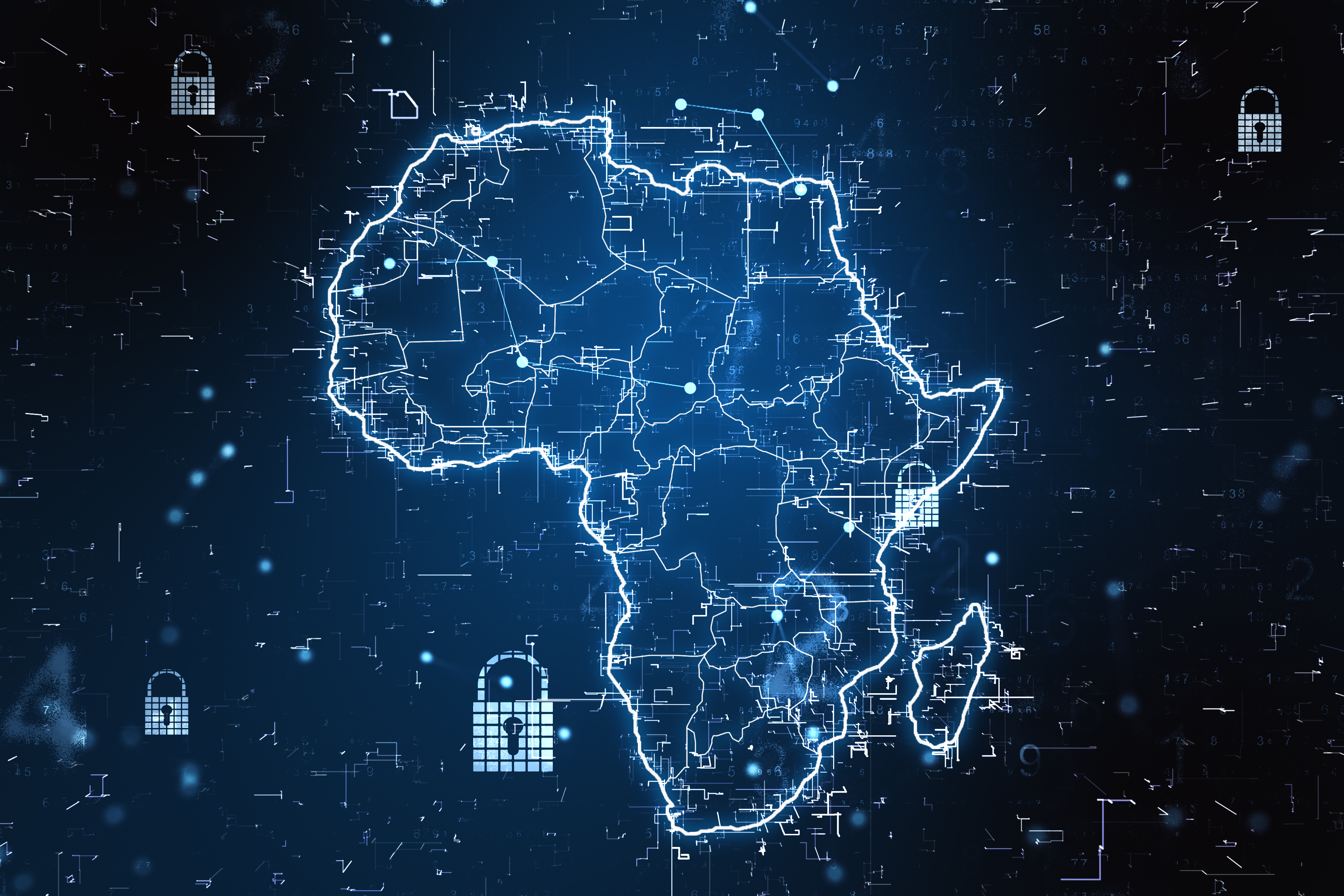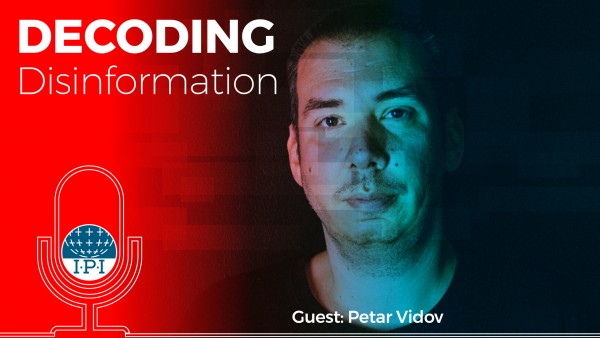The International Press Institute today joins with 48 partner organizations from across Africa calling for sweeping revisions to the pending UN Cybercrime Treaty, as final negotiations for the convention begin this week in New York. The coalition submitted a letter to a UN committee leading these negotiations, highlighting the need to narrow the scope of the treaty to focus on core cybercrimes and to include robust human rights safeguards to ensure the treaty will not be used as yet another tool by some governments in Africa to target and surveil journalists and human rights defenders across the continent.
As we enter the final stages of negotiations, civil society across the world have urgently called on states to reject this treaty unless key revisions are made. For the media and civil society communities in Africa, this treaty as currently drafted has the potential to cause immense harm. The IPI Africa program has documented a surge in cases of censorship, surveillance, and unlawful arrest and detention where national cybercrime laws are being abused to stifle dissent and silence independent media. This letter highlights how existing national cybercrime laws in Africa have been relied on by some authoritarian governments to target journalists and human rights defenders for example in Kenya, Zimbabwe, Niger, Nigeria, and Uganda among others.
The Committee therefore has a responsibility to ensure that this convention does not become yet another tool to be weaponized by authoritarian governments to crack down on freedom of expression and media freedom across the continent.
What needs to change?
Civil society organizations across Africa are calling for a treaty that prioritizes human rights and below are some of the key demands:
- Narrow the scope: Focus on core cybercrimes like hacking, fraud, and online child exploitation, leaving legitimate online activities like free speech and journalism outside its reach.
- Clarity and precision: Define key terms and offenses clearly, ensuring consistency with international human rights instruments like the African Charter on Human and People’s Rights.
- Robust safeguards: Prioritize strong protections for freedom of expression, media freedom, and privacy.
- Accountability and oversight: Establish clear mechanisms to prevent unlawful surveillance and ensure independent oversight.
IPI call to action
“Cybercrime laws across Africa have opened the door to criminalizing legitimate online expression and to target, surveil, and jail journalists who report on corruption, crime, and shine a light on abuses to human rights,” Nompilo Simanje, IPI Africa Advocacy and Partnerships Lead, said. “The UN Cybercrime Treaty, as drafted, will no doubt become another tool for repression–rather than being an instrument to fight cybercrime and for ensuring that the digital space can be a platform for free expression, interactive dialogue, and democratic engagement.”
“We therefore urge the Ad Hoc Committee to heed the contributions of civil society from across Africa and ensure that the Treaty has strong human rights safeguards,” she added.



